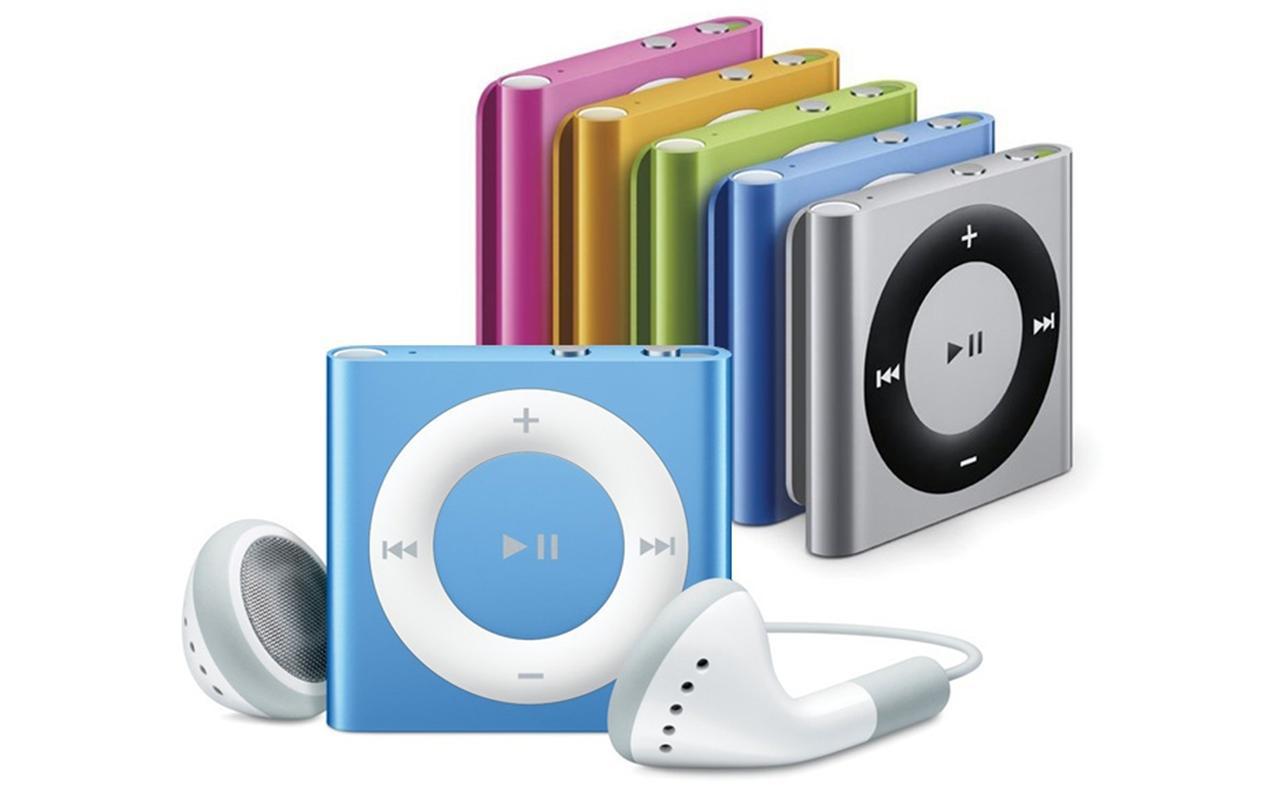R.I.P. the MP3: here’s why it will never return

Earlier this week, the format that revolutionised the way we listen to music was officially declared dead.
The Fraunhofer Institute for Integrated Circuits in Munich, Germany, which invented the MPEG Layer III (MP3) encoding algorithm, announced it had terminated its licensing program for certain MP3-related patents.
MP3 files can still be listened to. But slashing off the support for the format is a sure way to wither away usage.
But don’t expect the Fraunhofer Institute to feel nostalgic for the MP3. It also invented and patented the iTunes-favoured AAC (Advanced Audio Coding) format which put the MP3 out of business.
A successor, MPEG-H, promises efficient storage and immersive 3D audio.
In its statement this week, the Fraunhofer Institute said, “Although there are more efficient audio codecs with advanced features available today, MP3 is still very popular amongst consumers.
“However, most state-of-the-art media services such as streaming or TV and radio broadcasting use modern ISO-MPEG codecs, such as the AAC family or in the future MPEG-H.
“Those can deliver more features and a higher audio quality at much lower bitrates compared to MP3.”
Development of the MP3 actually began in the late ‘80s. But it was not until Apple’s first generation iPod in 2001 that the format took off.
It allowed digital audio to be compressed to a great volume of music and downloaded easier, without significantly impacting the quality of the sound.
For Apple chief Steve Jobs, it brought alive his dream that a customer’s entire record collection could be held in a handheld device by setting it up so songs took 10 times less digital space than before.
Within a year, an updated version of the iPod could carry 4000 songs. By late 2010, around 275 million iPods had been sold around the world.
Unlike vinyl and cassettes, though, the MP3 will never have a nostalgic revival. It’s become too out-dated and irrelevant, and the sound quality would be considered awful by today’s standards.
One analyst added: “Some research has even suggested that its compression reinforces perceived negative emotional characteristics in musical instruments to the detriment of positive emotional characteristics.”
The MP3 fell victim to the rise of smartphones (expected to hit the global sales mark of 2.53 billion by 2018) and the phenomenon of streaming (317 billion streams last reported in 2015, double from the year before).
As consumers turned to smartphones, sales of MP3 players were falling rapidly in Australia. In 2014, they fell by 13,800 units on eBay from the year before.
Two years before, UK sales of iPods and other MP3 players had fallen 22%, by almost £110 million (A$192 million) to £381 million ($664.9 million).
Sales tumbled even further as better quality formats that offer more efficient compression and more functionality became the standard.
Incidentally, the first track committed to MP3 was Tom’s Diner by Suzanna Vega, according to Karlheinz Brandenburg of the Fraunhofer Society.
“I was ready to fine-tune my compression algorithm… somewhere down the corridor, a radio was playing Tom’s Diner,” he recollected to Business 2.0.
“I was electrified. I knew it would be nearly impossible to compress this warm a cappella voice.”
In a later 2009 SVT documentary on the song’s history, he expanded: “I was finishing my PhD thesis, and then I was reading some hi-fi magazine and found that they had used this song to test loudspeakers.
“I said ’OK, let’s test what this song does to my sound system, [on] MP3.
“And the result was, at bit rates where everything else sounded quite nice, Suzanne Vega’s voice sounded horrible.”

































